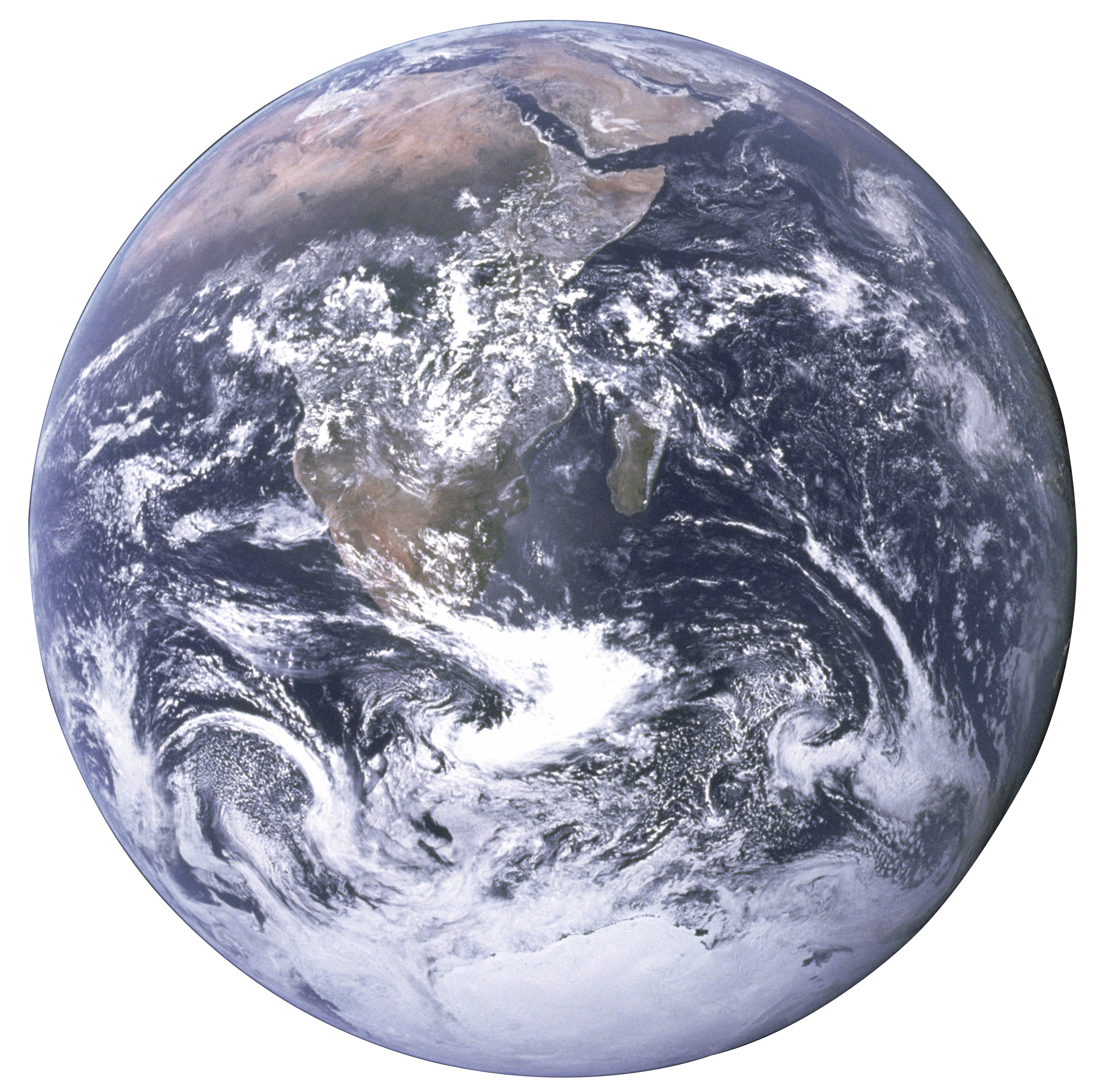
Ecocide
Ecocide (Greek oikos- home and Latin cadere – to kill) is the destruction of the environment by humans.[1] Ecocide threatens all human populations who are dependent on natural resources for maintaining ecosystems and ensuring their ability to support future generations.[2][3][4] The Independent Expert Panel for the Legal Definition of Ecocide describes it as "unlawful or wanton acts committed with knowledge that there is a substantial likelihood of severe and either widespread or long-term damage to the environment being caused by those acts".[5][6]
Commonly cited examples of ecocide include; deforestation during the Vietnam War, deforestation in Indonesia and the Amazon rainforest and oil pollution in the Niger Delta. More recently there is mounting evidence that Israel has been committing large scale ecocide throughout 2023-24, with satellite analysis revealing nearly half of Gaza territory’s trees razed, farms devastated and soil and groundwater contaminated by munitions and toxins.[7][8] The term was popularised by Olof Palme when he accused the United States of ecocide at the 1972 UN Conference on the Human Environment.[9][10]
There is currently no international crime of ecocide that applies in peacetime, only in wartime, covered by the Rome Statute.[3][11] It was originally planned to be included in the Rome Statute and supported by many states, but was removed due to objections by the United Kingdom, France and the United States of America. Ecocide has been made a national law in several countries with many more discussing implementing a law, including the European Union.[12] Stop Ecocide International and others are working to enshrine ecocide into the Rome Statute, making it both international law and national law in member states national law.[11][13][3]
Several world leaders, environmentalists and scientists have publicly supported ecocide being made an international crime including Pope Francis, Antonio Guterres, Greta Thunberg, Fiamē Naomi Mataʻafa, Emmanuel Macron, Jane Goodall and Paul McCartney.[14][15] Several countries have also supported the proposal including Fiji, Niue, the Solomon Islands, Tuvalu, Tonga and Vanuatu.[16]
Ecocide is a common theme in fiction with many films and books set in a post ecocide world, including the James Cameron's Avatar films, Blade Runner, Mad Max, WALL-E, Interstellar, Threads, Soylent Green.
History[edit]
1970s[edit]
The concept of ecocide originated in the 1970s after the United States devastated the environment in Vietnam through use of Agent Orange during the Vietnam War.[9][10] The word was first recorded at the Conference on War and National Responsibility in Washington DC, where American plant biologist and bioethicist Arthur Galston proposed a new international agreement to ban ecocide.[127][128]
In 1972 at the United Nations Stockholm Conference on the Human Environment, Prime Minister of Sweden Olof Palme called the Vietnam War an ecocide.[129] Others, including Indira Gandhi from India and Tang Ke, the leader of the Chinese delegation, also denounced the war in human and environmental terms, calling for ecocide to be an international crime.[130][131] A Working Group on Crimes Against the Environment was formed at the conference, and a draft Ecocide Convention was submitted into the United Nations in 1973.[132] This convention called for a treaty that would define and condemn ecocide as an international war crime, recognising that "man has consciously and unconsciously inflicted irreparable damage to the environment in times of war and peace."[133]
The ILC 1978 Yearbook's 'Draft articles on State Responsibility and International Crime' included: "an international crime (which) may result, inter alia, from: (d) a serious breach of an international obligation of essential importance for the safeguarding and preservation of the human environment, such as those prohibiting massive pollution of the atmosphere or of the seas."[134] Supporters who spoke out in favor of a crime of ecocide included Romania, the Holy See,[135] Austria, Poland, Rwanda, Congo and Oman.[135]
1980s[edit]
The Whitaker Report, commissioned by the Sub-Commission on the Promotion and Protection of Human Rights on the prevention and punishment of genocide was prepared by then Special Rapporteur, Benjamin Whitaker.[136] The report contained a passage that